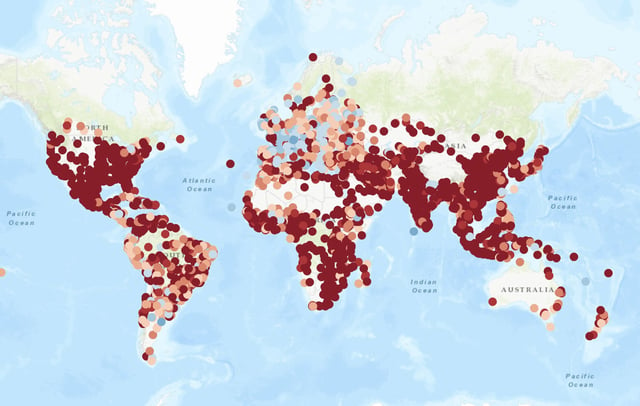Overview
- Researchers evaluated approximately 10,000 cities worldwide to assess their proximity to the 15-minute city ideal.
- Paris and Milan are among the cities closest to achieving the model, while car-dependent U.S. cities like Atlanta and Los Angeles fall short.
- The study found stark disparities in service access within cities, often influenced by socio-economic factors and urban design.
- A 'relocation algorithm' was developed to explore how redistributing services could improve accessibility and reduce urban inequalities.
- The concept of the 15-minute city gained traction during the COVID-19 pandemic but has also faced criticism and conspiracy theories.



